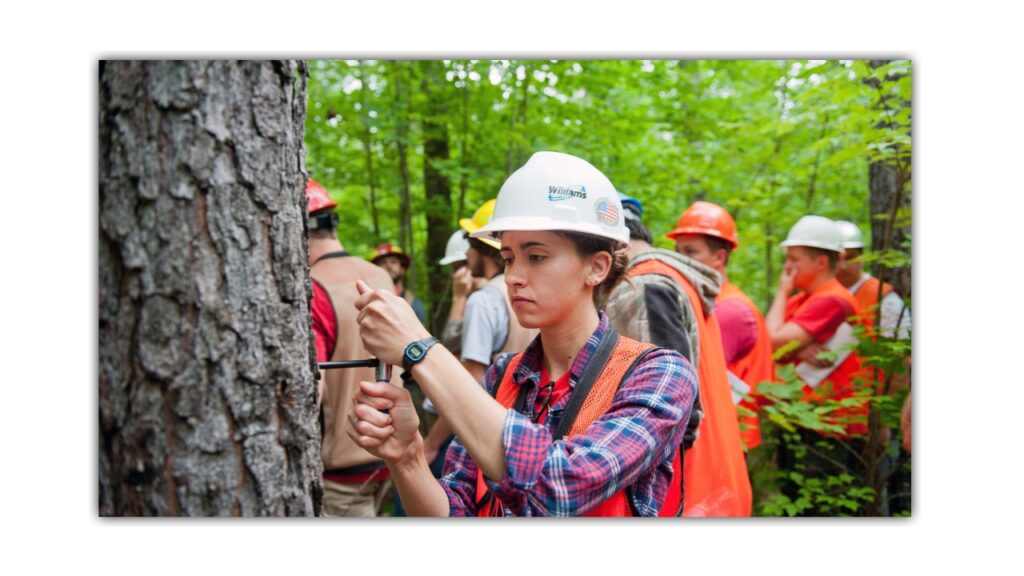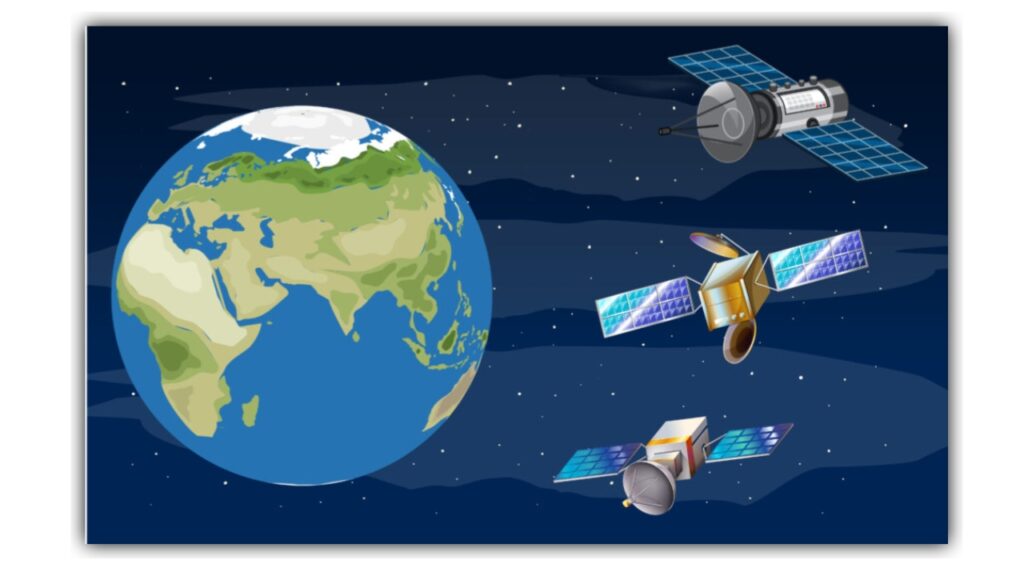When we think about higher education in India, the same few degrees dominate every conversation, Engineering, MBBS, B.Com, BBA, or MBA. These are safe, traditional, and “respectable” choices that families often push their children toward. But here’s the truth, India’s education landscape is much wider than what most people realize.
There are dozens of degrees that go unnoticed, underappreciated, and often misunderstood. Yet, some of these less-chosen degrees can lead to fulfilling, well-paying, and future-ready careers, if one looks beyond the crowd.
Let’s explore 10 academic degrees in India that most students don’t choose, but which can offer immense opportunities for those who do.
1. Bachelor in Library and Information Science (BLIS)
Why Students Avoid It:
Most students think it’s all about issuing books and sitting quietly in a library all day.
Reality Check:
Modern librarians are information managers. They work with digital archives, knowledge systems, and data organization for corporations, universities, and research institutions. In fact, with digitization of data, the demand for skilled information professionals is growing fast.
Career Scope:
- Digital archivist
- Data librarian
- Knowledge manager
- Library science educator
- Salary Range: ₹4–7 LPA (and more with specialization in digital systems)
2. Academic in Bachelor of Social Work (BSW)
Why Students Avoid It:
Many think social work doesn’t pay or is only for NGOs.
Reality Check:
BSW and academic graduates are needed in healthcare, education, policy planning, corporate CSR teams, and even international organizations like UNICEF and WHO. Social workers today help shape society at the grassroots level and at government policy tables.
Career Scope:
- NGO management
- Corporate social responsibility
- Policy analysis
- Counseling and community development
- Salary Range: ₹3–8 LPA (higher for international NGOs)
3. Bachelor in Forestry
Why Students Avoid It:
It’s seen as an “old-fashioned” or rural degree.
Reality Check:
Forestry is one of the most sustainable and globally relevant careers today. Academic Students learn environmental science, wildlife management, and sustainable forest economics, a combination that’s crucial in the climate-change era.

Career Scope:
- Forest officer
- Environmental consultant
- Wildlife conservator
- Researcher in ecology and biodiversity
- Salary Range: ₹5–10 LPA
4. Academic in Bachelor of Fisheries Science (B.F.Sc.)
Why Students Avoid It:
It sounds “too niche” or rural to many urban students.
Reality Check:
India has one of the world’s largest fish-producing industries, and aquaculture is booming. This degree offers opportunities in marine biology, food technology, export management, and government fisheries departments.
Career Scope:
- Marine biologist
- Aquaculture manager
- Food quality inspector
- Fisheries researcher
- Salary Range: ₹4–9 LPA
5. Bachelor of Fine Arts (BFA)
Why Students Avoid It:
People assume art doesn’t make money.
Reality Check:
With the rise of design, animation, advertising, and digital media, creativity has never been more valuable. A BFA graduate can become an art director, visual designer, UI/UX expert, or content creator.
Career Scope:
- Digital artist
- Illustrator or animator
- Art curator
- Creative director
- Salary Range: ₹4–15 LPA (depending on skills and creativity)
6. Bachelor of Rural Studies (BRS)
Why Students Avoid It:
Many think it’s irrelevant for modern jobs.
Reality Check:
BRS focuses on rural development, governance, and community leadership, crucial in a country where 65% of people still live in villages. Academic Graduates are employed by government development agencies, NGOs, and even political organizations.
Career Scope:
- Rural development officer
- NGO coordinator
- Panchayat development advisor
- Social research analyst
- Salary Range: ₹3–6 LPA
7. Bachelor in Geoinformatics
Why Students Avoid It:
Most students haven’t even heard of it!
Reality Check:
Geoinformatics combines geography, technology, and data science. It’s used in urban planning, disaster management, GPS technologies, and even e-commerce logistics (like Swiggy and Zomato mapping).

Career Scope:
- GIS analyst
- Remote sensing expert
- Urban planner
- Environmental scientist
- Salary Range: ₹6–12 LPA
Also Read:
- The Reality of Hospitality & Tourism Degrees in India After COVID-19
- Is a Home Science Degree Worth It in India? Career Scope & Salary
- Top 10 Courses in India With Fewer Job Openings: A Reality Check for Aspiring Students
8. Bachelor of Pulp and Paper Technology
Why Students Avoid It:
It sounds like an industry that belongs to the past.
Reality Check:
Paper technology is transforming with eco-friendly innovations, recycling processes, and green manufacturing. It’s a highly technical academic degree that ensures jobs in manufacturing, packaging, and sustainable industrial processes.
Career Scope:
- Process engineer
- Quality control manager
- Sustainability consultant
- Research scientist
- Salary Range: ₹5–10 LPA
9. Bachelor in Sericulture (Silk Production)
Why Students Avoid It:
They think it’s too small-scale or outdated.
Reality Check:
India is the world’s second-largest silk producer! This degree combines biology, agriculture, and business, ideal for academic students who want to enter sustainable farming or textile entrepreneurship.
Career Scope:
- Sericulture inspector
- Silk production manager
- Entrepreneur (handloom & textile sector)
- Export quality analyst
- Salary Range: ₹3–7 LPA
10. Bachelor of Museology or Heritage Studies
Why Students Avoid It:
It’s not well known and sounds “boring” for academic students
Reality Check:
Museology teaches how to manage museums, heritage sites, and cultural properties, skills in high demand in tourism and cultural preservation. With India’s rich history, this field is gaining momentum.
Career Scope:
- Museum curator
- Heritage site manager
- Art restorer
- Cultural tourism consultant
- Salary Range: ₹4–8 LPA
Final Thoughts: Don’t Just Follow the Crowd
Most academic students in India pick degrees based on popularity, not potential. But as industries evolve, so do career opportunities. The truth is success doesn’t depend on how famous your degree is, but on how deeply you master it and how creatively you use it.
If you’re someone who wants to do something different, explore, and make a real impact, these lesser-known degrees could be your best bet.
Q: Why should students consider lesser-known degrees in India?
A: They often offer unique career paths, less competition, and high growth potential.
Q: Are these unconventional degrees recognized and respected?
A: Yes, most are UGC-approved and gaining recognition across industries.
Q: Do these degrees have good job opportunities?
A: Absolutely, fields like data science, environmental studies, and design are booming.
Q: Can I pursue higher studies or go abroad after these degrees?
A: Yes, many international universities value specialized Indian degrees.
Q: What kind of students should consider these programs?
A: Those who are curious, creative, and want to stand out from the crowd.


1 thought on “Top 10 Academic Degrees in India That Most Students Don’t Choose (But Should Consider)”